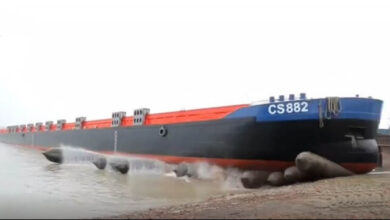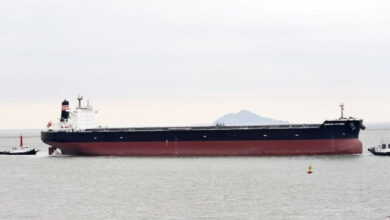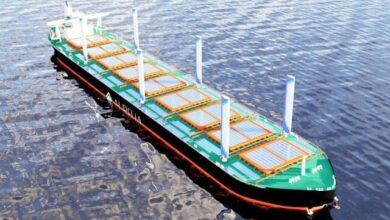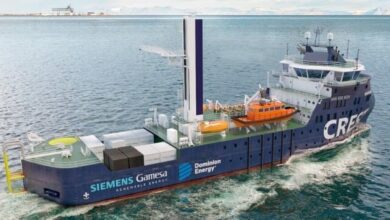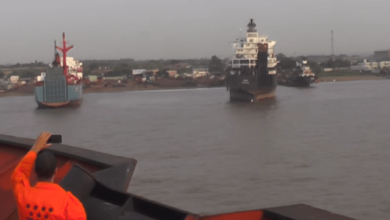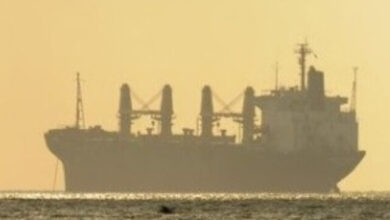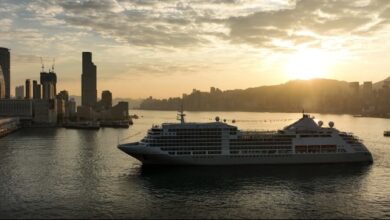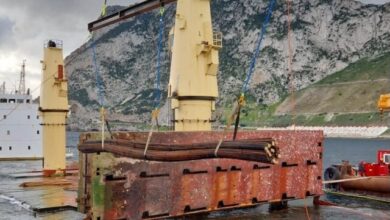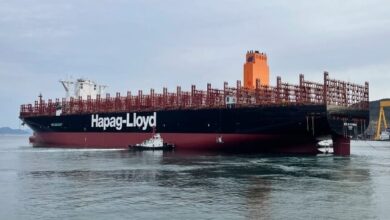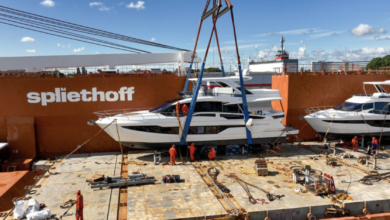Faces : Joseph Conrad – English captain and marine writer with Polish roots


By : MAREK GRZYBOWSKI
The largest statue of Joseph Conrad, an English captain and maritime writer, stands in Gdynia, the Polish sailing capital. A group of representatives of the maritime community operating as part of the Polish Nautical Society lays flowers at the monument every year. August 3 is the anniversary of the captain’s death. Joseph Conrad died on August 3, 1924 in Bishopsbourne, Great Britain.
Joseph Conrad (Józef Teodor Konrad Korzeniowski) lived in Lviv and Krakow, Austrian-held part of Poland. Poland was then a Russian, Austrian and German colony. He was the son of Apollo Korzeniowski, who wanted to liberate Poland from Russian Empire colonialism. For the preparation of the uprising, he was deprived of his property and was exiled to Wologda (Russia) from his homeland. Wife Eve and son Joseph (Józef in Polish) accompanied Apollo to a foreign country.

According to his biographers Joseph was as fluent in French as a native French. He left for Marseille at the age of 17. He served on a French merchant sailing ships as a sailor. From Marseilles, he sailed to Martinique twice. On one voyage he was an apprentice on the barge of the Mont Blanc. He was also a steward on the Saint Antoine sailing ship. He sailed to the Caribbean and South America. As a citizen of the Russian Empire, he could not sail on French ships without the permission of the tsarist authorities. Therefore, at the age of 20, he moved to the British Isles. Since then, it has sailed at sea under the British flag. He sailed on merchant ships between Australia and Asia. He obtained the captain’s patent in 1886 while sailing on English ships, and he obtained British citizenship in the same year. He sailed between Leopoldville and Stanleyville in the Congo, too. The steamship King of the Belgians commanded by Joseph Conrad took almost a month to cover the distance of 1,700 km.

Conrad’s writing style was strongly marked in English literature. Readers all over the world know Conrad with his well-known readings. The most famous titles are: Lord Jim, Heart of Darkness and Nostromo. The writer chose the exotic Java Archipelago as the backdrop for his novels and short stories. Then, and even today, an area little known in Europe, America or Africa. He has described real characters in many of his novels. He developed his heroes with complicated psychological traits and included colored heroes. He became so skilled in writing that he was considered one of the stylists of English literature. Many writers of the twentieth century have admitted that they wrote under the influence of Conrad’s style, wrote literary critic Leo Robson. Such famous writers as Francis Scott Fitzgerald or William Faulkner and several others were among them.

Conrad has a strong position not only in English, but also Polish and world literature. Conrad’s novels and short stories are in many cases ready-made film scripts. His novels are also great documents of the epoch in which Conrad illustrates not only the prevailing customs and reflects the social relations and views in which he criticized colonialism. Heart of Darkness and Lord Jim were included in the list of Newsweek’s top 100 books in world literature in 2009. Modern Library also included the novels Secret Agent and Nostromo in the list of the 100 best English-language novels of the 20th century.
“The Conrad Monument in Gdynia was created, among others on the initiative of the Polish Nautological Society,” says prof. Daniel Duda, honorary president of the Society. “The Polish Nautical Society continues Conrad’s literary activities, popularizing the history, technology and maritime economy” writes in the Nautologia journal Marek Grzybowski, the president of the Polish Nautological Society. Behind the writer’s bust there are stylized masts with sails, referring to the sailing ship—barque “Otago”, on which Joseph Conrad was the captain. Polish sculptors Zdzisław Koseda and Wawrzyniec Samp are the authors of the Conrad Monument. An anchor-shaped Conrad monument has a quotation from his book in Polish: “There is nothing more enticing, disenchanting, and enslaving than the life at sea” (Lord Jim). Readers, representatives of the local government of Gdynia and social organizations put flowers at the monument every year.
Photo: Marek Grzybowski, Czesław Dyrcz


